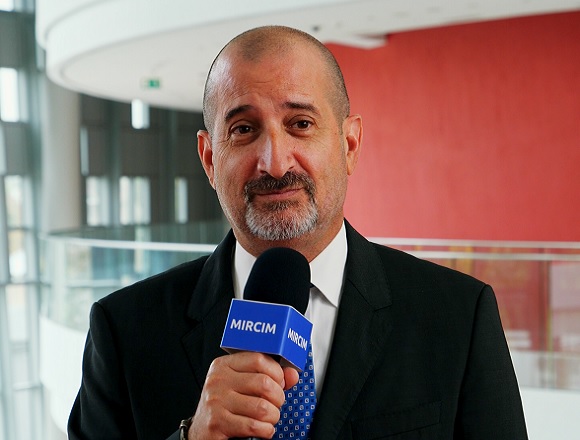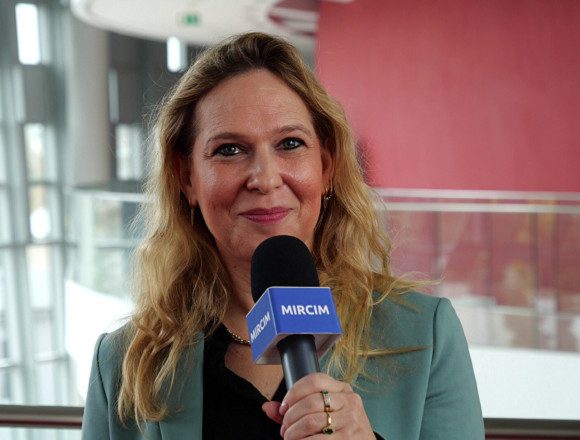Dr John Marshall is a professor and director in the Division of Gastroenterology at McMaster University and editor in chief of the Journal of the Canadian Association of Gastroenterology.
What follow-up tests, if any, should be performed in a patient with Crohn disease who is in clinical remission?
John Marshall, MD, MSc: We are always happy when our patients are in clinical remission, which I take to mean absence of symptoms or symptomatic remission. It is important to remember the disconnect that we see so often in patients with inflammatory bowel disease (IBD), where their symptom profile is not representative of their underlying disease burden. Even in asymptomatic patients we obviously monitor underlying disease activity.
How do we do that? I think in the early stages of therapy we typically measure inflammatory markers at 3-month intervals. That can include C-reactive protein (CRP) and fecal calprotectin. In patients in a more stable remission this could be an annual assessment. At longer intervals we do more in-depth investigation. For example, we typically do a colonoscopy every 5 years in patients who are well and in stable remission.
This does not concern looking for other complications of disease, which would include, for example, surveillance for dysplasia. That is a different discussion. The surveillance interval would depend on the disease duration and presence of complications, such as inflammatory polyps. It could be every 1 to 5 years.
But I think if your question is purely monitoring disease activity, we do noninvasive markers of disease activity at least annually and then something more substantial, such as colonoscopy, every 5 years.
 English
English
 Español
Español
 українська
українська








